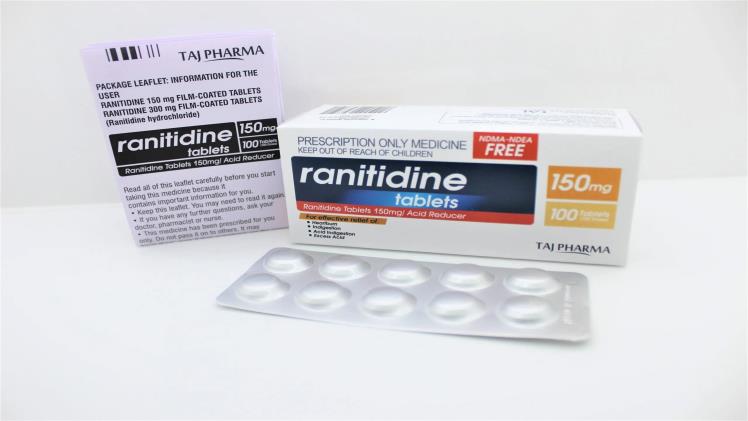Are Ranitidine Tablets Effective in Treating Ulcers?
For stomach well-being, ulcers are among the worst cases people experience. Patients look for drugs that calm and heal them. Among such drugs that are widely talked about is ranitidine. With knowledge of ranitidine tablet uses, individuals can understand how the drug helps to manage ulcers. Doctors and websites such as Ask Ayurveda recommend one to know the advantages and disadvantages beforehand before relying on it alone.
What is Ranitidine and How Does it Work?
Ranitidine belongs to a class of drugs known as H2 blockers. They act by lowering the amount of stomach acid. Acid would typically break down food, but if the stomach produces too much, it will erode the lining and cause ulcers. By decreasing acid, ranitidine makes it possible for the stomach lining to heal itself.
How Can Ranitidine Help to Treat Ulcers
Ulcers are mainly caused due to excess acid, and therefore, ranitidine is mainly used to reduce the irritation in the stomach. Allowing the ulcer an opportunity to heal by promoting ulcer healing is one of the most significant uses of tablets for ranitidine. Patients achieve relief from burning discomfort, indigestion, and bloating after regular use.
Does Ranitidine Bring Long-Term Relief?
Ranitidine can provide temporary relief by alleviating symptoms, but long-lasting relief is attained only by treating the cause of ulcers. For example, if there is an infection, then antibiotics must be consumed along with ranitidine. Similarly, modification of habits such as avoiding spicy foods, smoking, or alcohol also contributes to recovery. This is why doctors emphasize not relying on the tablets themselves but on using them as a part of the overall treatment plan.
Are There Any Hazards or Risks Associated with Ranitidine?
As with any medication, ranitidine has its side effects. While minor side effects like headache, constipation, or diarrhea are usual, a few patients will have serious problems. There have been recent years’ problems with contamination in certain batches of ranitidine, and because of this, it has been banned in most countries. However, you must ensure to consult an expert physician before using the drug. Sites such as Ask Ayurveda indicate that some herbal remedies will correct digestion at times, but medical advice is still needed.
What are the Options That Patients Have?
For those patients who are not suitable to receive ranitidine, other proton pump inhibitors (PPIs) and H2 blockers are used. They are also effective in reducing acid levels, but perhaps better suited for the long term. Lifestyle changes, stress, and Ayurveda-based drug therapy are alternative methods that can facilitate natural healing of the gut. These are advised to be taken by the patient under professional management instead of self-medication.
Why is Medical Supervision Necessary?
Treatment for ulcers is not a single category of treatment. The cause has to be determined first before asking whether or not ranitidine is appropriate. Physicians will typically have the endoscopy or tests done to check how severe it is. Self-treatment will either prolong things more than they need to or worsen things. Patients, therefore, need to visit physicians for effective and safe treatment.
Websites like Ask Ayurveda give the patient useful medical information and doctor-sanctioned articles that can simply explain diseases like ulcers and the proper usage of medicines. These suggestions ensure that the patient will be able to make intelligent decisions for their digestive system.







